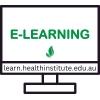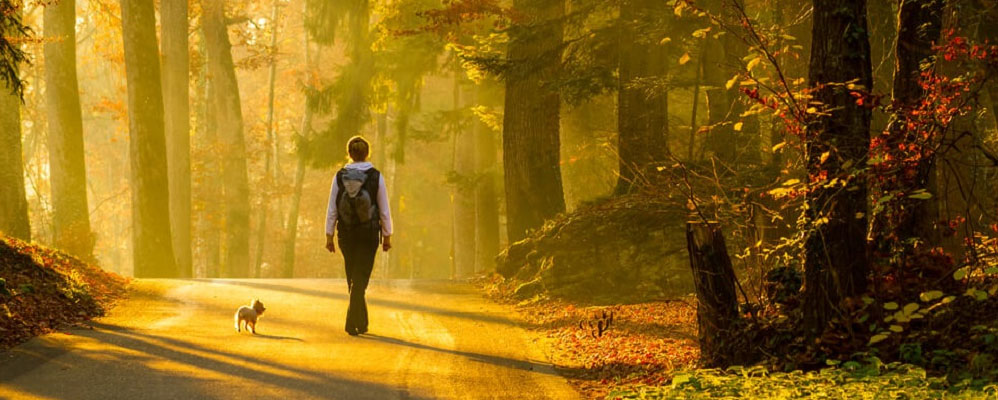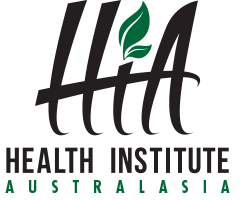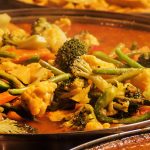
HIAAYU06 – Unit 06: Ayurvedic Nutrition (Aahar)
December 8, 2016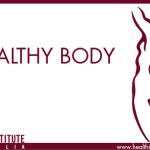
HIAHEA01 – Unit 01: A Glimpse Into The Human Body
August 2, 2017Diploma of Ayurvedic Lifestyle Consultation HLT52615
Total number of units – 18
- HLTAYV001 Develop Ayurvedic practice
- HLTAYV002 Make Ayurvedic lifestyle assessments
- HLTAYV003 Provide Ayurvedic bodywork therapies
- HLTAYV004 Provide Ayurvedic lifestyle advice
- HLTAYV005 Provide advice on Ayurvedic nutrition
- HLTAAP002 Confirm physical health status
- HLTWHS004 Manage work health and safety
- HLTINF004 Manage the prevention and control of infection
- CHCDIV001 Work with diverse people
- CHCCOM006 Establish and manage client relationships
- CHCLEG003 Manage legal and ethical compliance
- BSBSMB404 Undertake small business planning
- CHCAGE001 Facilitate the empowerment of older people
- CHCCCS001 Address the needs of people with chronic disease
- CHCDIS007 Facilitate the empowerment of people with disability
- CHCMHS001 Work with people with mental health issues
- CHCPRP003 Reflect on and improve own professional practice
- HLTAID011 – Provide First Aid
PRACTICAL TRAINING
You will be required to attend the HIA Gold Coast campus on 4 occasions, to complete your practical training, which includes; Abhyanga, Kati basti, Shirodhara and conducting Ayurvedic Lifestyle Consultations.
- Three-day practical training – Abhyanga (massage). Gold Coast campus
- Three-day practical training – Kati basti and Shirodhara. Gold Coast campus
- Seven-day retreat – Nirvana Wellbeing retreat. Gold Coast
- Seven-day practicum – Ayurvedic consultations / treatments / assessment. Gold Coast campus
Course 7 – HIAAYU7
Concept of Health (Swastha Siddhanta)
Table of Contents
LESSON 7.1 Health
Topic 7.1.1 Definition of a health
Topic 7.1.2 The three pillars of health
Topic 7.1.3 Signs of a healthy body
Topic 7.1.4 Indications of a healthy person (according to Sushruta and Kashyapa)
Topic 7.1.5 Healthy life – swastha-vrutta
Topic 7.1.6 Aims of a healthy life – swastha-vrutta
Topic 7.1.7 Prevention of disease
LESSON 7.2 Daily Routine (dinacharya)
Topic 7.2.1 Definition of Dinacharya
Topic 7.2.2 Wake up time
Topic 7.2.3 Rejuvenation of the senses
Topic 7.2.4 Exercise – vyayama
Topic 7.2.5 Meditation – dharana
Topic 7.2.6 Bathing – avagahana
Topic 7.2.7 Other considerations in dinacharya
Topic 7.2.8 Diet ahara
Topic 7.2.9 Sex maithuna
LESSON 7.3 Nightly Routine – Ratricharya
Topic 7.3.1 Definition of Ratricharya
Topic 7.3.2 Factors reducing sleep
Topic 7.3.3 Classifications of sleep
Topic 7.3.4 Night Regimen
Topic 7.3.5 Methods for inducing good sleep
LESSON 7.4 Seasonal Routine (ritucharya)
Topic 7.4.1 Definition of Seasonal Routine
Topic 7.4.2 Classifications of the six seasons
Topic 7.4.3 Seasonal variations of the doshas
Topic 7.4.4 Visarga and Adana Kala
Topic 7.4.5 Regimen for late Winter
Topic 7.4.6 Regimen for Spring
Topic 7.4.7 Regimen for Summer
Topic 7.4.8 Regimen for Wet season / rains
Topic 7.4.9 Regimen for autumn
Topic 7.4.10 Regimen for early Winter
Topic 7.4.11 Food, exercise and purification applicable in seasonal variations of the dosha
Topic 7.4.12 The life cycle
LESSON 7.5 Good Behaviour (sadacharya)
Topic 7.5.1 Guidelines for good behaviour (sadacharya)
Topic 7.5.2 Impractical acts (adharma)
Topic 7.5.3 Prevent psychic disturbances
LESSON 7.6 Disease (roga)
Topic 7.6.1 Causes of disease
Topic 7.6.2 Six stages of disease
Topic 7.6.3 Non-suppressible natural urges- adharaniya vega
Topic 7.6.4 Curative measures
LESSON 7.7 Five Cleansing practices pancha karma
Topic 7.7.1 Prevention, purification and therapy
Topic 7.7.2 Preparatory Procedures (purva karma)
Topic 7.7.3 Pancha karma
Topic 7.7.4 Post treatment (paschat karma)
Copyright © 2016 SHANTI GOWANS. All Rights Reserved.


